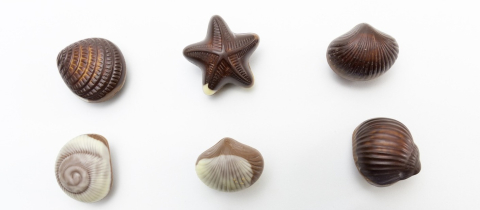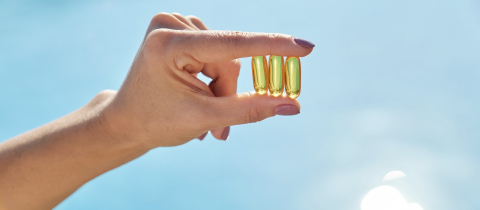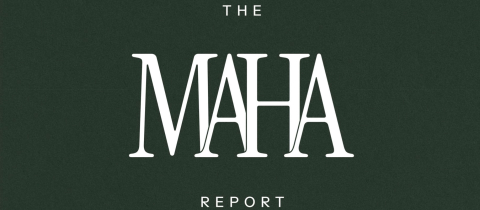This article was first published in The Skeptical Inquirer.
At one point or another, likely when stuffed up, suffering from a fever, coughing constantly, or otherwise generally unwell, you’ve probably heard to avoid milk when sick. The rationale is that consuming milk or other dairy products will increase your mucous production. Singers are often told to avoid it entirely before auditions or performances. Likewise, parents of asthmatic children may avoid giving it to them. In one study of 330 parents visiting a pediatric pulmonary office, 59 percent believed that dairy causes mucous. But despite popular opinion, science says otherwise.
Since 1948, numerous studies have tested whether milk consumption leads to increased mucous production, and numerous studies have found that it doesn’t. Through interviews, surveys, nose and throat examinations, experiments weighing patients’ nasal secretions, double-blind studies, and more, again and again, milk has been proven innocent but can’t shake its phlegm accusations. Even as recently as 2020, papers are still being published that conclude, “The elimination of cow’s milk from a child’s diet for respiratory considerations is not supported by the evidence.”
A pair of studies from 1990 and 1993 give a good hint into why this myth has such sticking power in the cultural consciousness. The real impact on mucous production isn’t coming from milk but from belief. The studies note that those who admitted to believing that milk consumption causes mucous reported more respiratory symptoms, even though their measured mucous secretions were no different than nonbelievers and non-milk drinkers.







